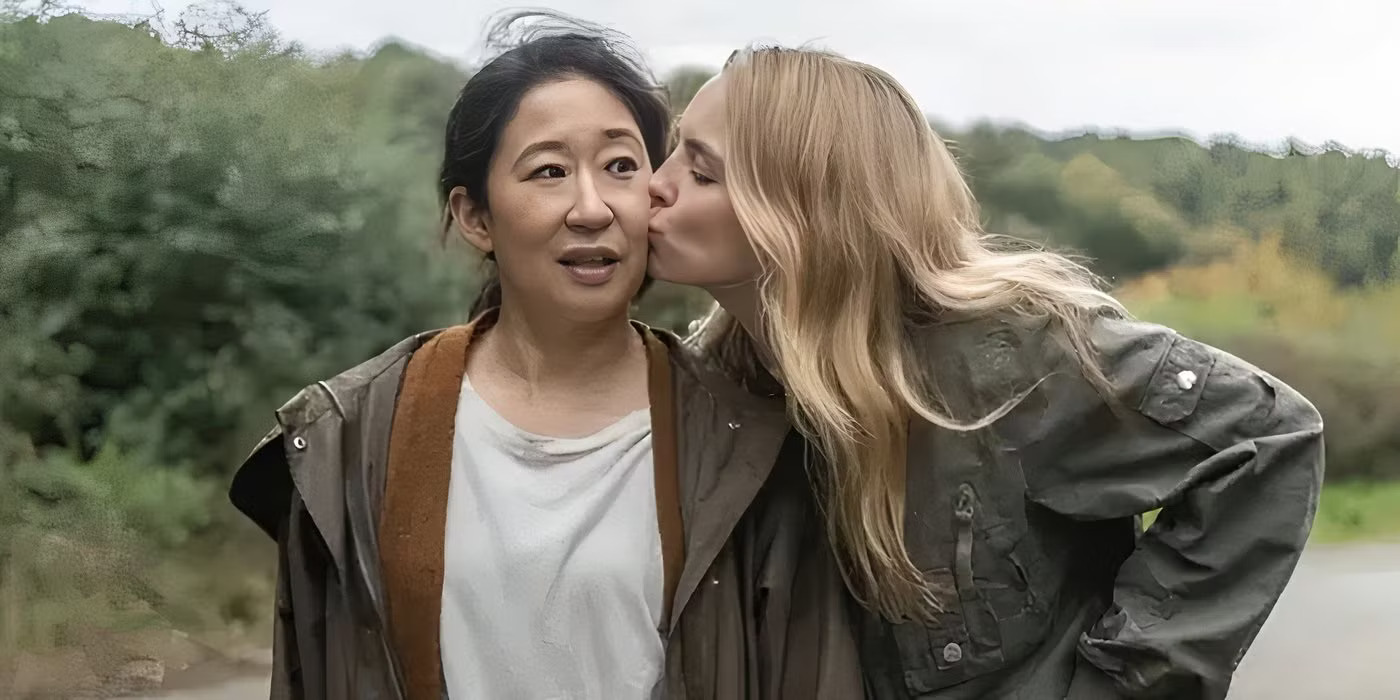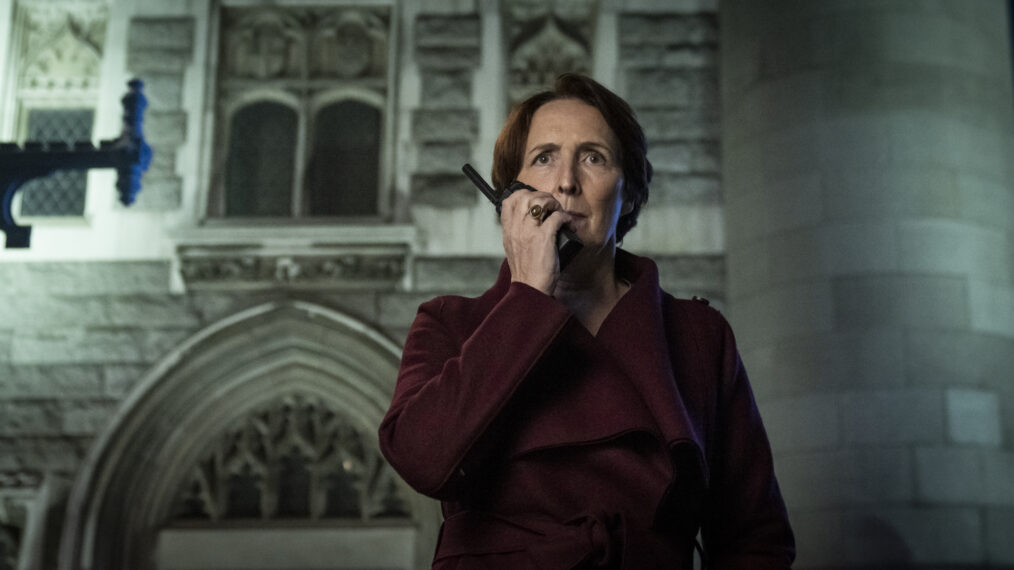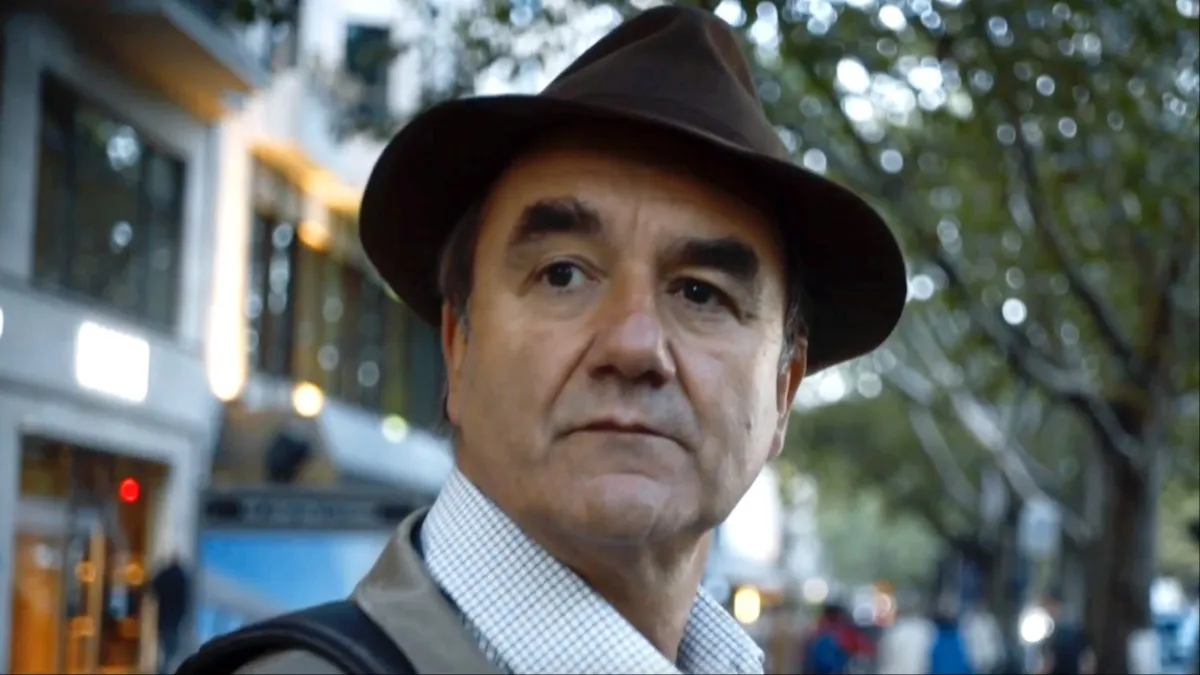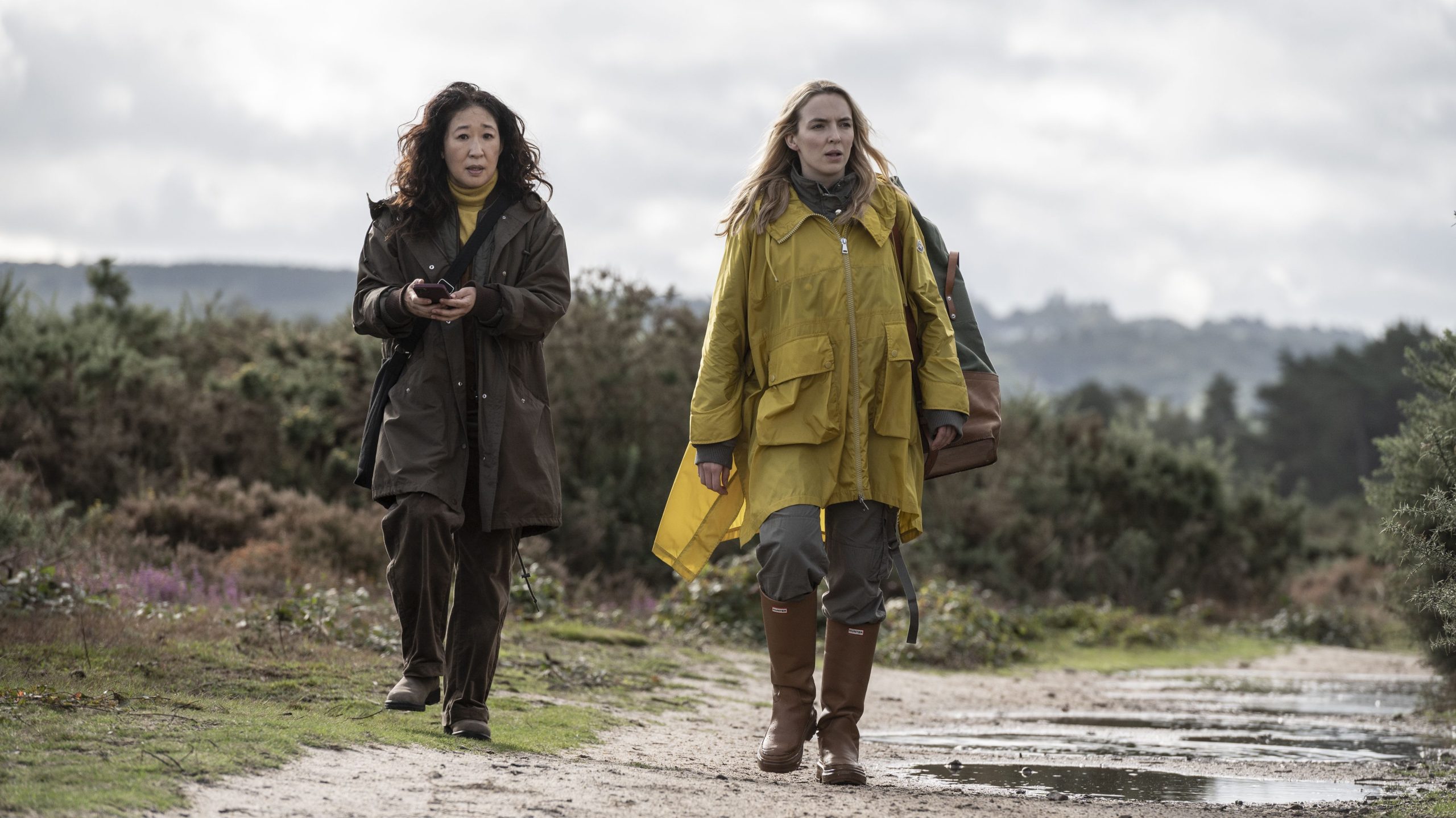When Killing Eve premiered in 2018, it quickly became a refreshing departure from typical television, presenting an exhilarating and intricate relationship between its two central characters: Eve Polastri (Sandra Oh), a British MI6 agent, and Villanelle (Jodie Comer), a stylish and unpredictable assassin. The show drew viewers in with its rich, character-driven storytelling, sharp and unexpected twists, and a compelling exploration of desire and obsession.
It also highlighted the female gaze through fashion, style, and the emotional complexity of its female leads. Under the guidance of creator Phoebe Waller-Bridge, the first season emerged as a standout, skillfully blending dark humor with psychological depth, and crafting a thrilling yet emotionally resonant cat-and-mouse game between Eve and Villanelle.
However, the later seasons of Killing Eve saw a significant shift in tone and quality. Showrunner changes, beginning with Emerald Fennell in the second season and later moving to a more fragmented approach, resulted in a decline that ultimately tarnished the series’ initial brilliance. The narrative lost its way, with an increasingly convoluted espionage plot overshadowing the raw emotional tension between Eve and Villanelle.
By the time the final season aired, it was clear that the show had abandoned many of the elements that made it so unique and enthralling. The final episodes, particularly, felt like a far cry from the show’s powerful debut, leaving fans with a lackluster conclusion that failed to do justice to the characters and their complicated relationship.

The Final Season: A Disappointment in Tone and Execution
The fourth and final season of Killing Eve marks a sharp departure from the engaging, character-focused storytelling that defined its earlier seasons. One of the most notable shifts is the loss of the intoxicating tension between Eve and Villanelle, which was at the heart of the series. In the first season, the dynamic between the two women was charged with eroticism and obsession, a thrilling game of attraction and danger.
However, by the final season, this vital aspect of the show was almost entirely absent. Instead of a compelling exploration of their complex relationship, the show spends an overwhelming amount of time focusing on the Twelve—an international, shadowy organization that Villanelle once worked for and that both Eve and Villanelle are desperate to destroy.
While the Twelve’s presence in the series was always a backdrop for the more intimate conflict between Eve and Villanelle, in the final season, it takes center stage. Eve, once a fascinating character with rich emotional depth, becomes a secondary figure in her own story, with much of the narrative shifting to other characters like Carolyn (Fiona Shaw), Konstantin (Kim Bodnia), and the broader machinations of the Twelve.
The focus on espionage and political intrigue, which had never been the core strength of the show, ultimately undermines the emotional stakes and leaves the characters feeling disconnected from the series’ original themes of desire, longing, and self-discovery.

In the early seasons of Killing Eve, one of the most striking elements was its approach to fashion and style, which were not only central to the characters’ personalities but also integral to the show’s exploration of transformation and desire.
Villanelle, with her extravagant and often over-the-top outfits, was a living embodiment of style, her fashion choices underscoring her playful, dangerous nature. Her clothes were a visual language that spoke to her seduction and power, adding to the allure of her character while also highlighting the growing tension between her and Eve.
In contrast, the final season sees a drastic shift in the way fashion is used in the show. The once-vibrant costumes are replaced by dull, functional outfits that lack the boldness and impact of earlier seasons. The fashion no longer serves as a means of transformation or empowerment, but rather as an afterthought, reflecting the show’s overall decline in creativity and attention to detail.
Villanelle’s iconic moments of sartorial rebellion are no longer present, and Eve, who once reveled in the allure of Villanelle’s world, is now confined to a more muted existence. This loss of the fashion-driven storytelling that defined the series is symbolic of the broader erosion of the show’s original vitality and imagination.
The absence of impactful fashion moments also reflects the show’s broader failure to engage with its earlier themes, such as the female gaze and the visual language of desire. In the first season, the way characters looked at each other—particularly Eve’s gaze at Villanelle—was charged with longing and fascination.
The show’s visual style was part of what made it so compelling, creating an atmosphere of sensuality and obsession that was key to the relationship between the two women. In the final season, however, the visual pleasures of the show are reduced to mere functional shots, with little attention paid to the subtext and emotions conveyed through the characters’ appearances.
Eve’s Narrative Decline: A Tragic Transformation
As Killing Eve progressed through its seasons, the character of Eve underwent a transformation that was both fascinating and heartbreaking. Initially portrayed as an intelligent, curious, and capable woman, Eve’s growing obsession with Villanelle—both as an adversary and as a source of intense desire—was central to her character arc.
However, in the final season, Eve is reduced to a shell of her former self, with much of her emotional complexity stripped away. Her motivations become singular and narrow: she is solely focused on taking down the Twelve, with little room for the internal conflict or personal growth that made her such a compelling character in earlier seasons.
One of the most tragic aspects of Eve’s final season arc is how disconnected she becomes from the other characters. Whereas she once had meaningful relationships with figures like Carolyn, Bill (David Haig), and Elena (Kirby Howell-Baptiste), her connections to them are diminished, and she becomes increasingly isolated in her quest to bring down the Twelve.

In a particularly poignant moment, Eve participates in a karaoke scene where she reflects on the people she has lost, but this moment of introspection is fleeting and does little to reclaim her earlier complexity. Instead of being a fully realized character, Eve is reduced to a pawn in the larger spy drama that consumes the show.
The heart of Killing Eve always lay in the volatile, dangerous relationship between its two leads, Eve and Villanelle. Their complex dynamic—marked by desire, rivalry, and mutual obsession—was what gave the series its unique appeal. But by the final season, this relationship has lost much of its intensity.
The playful, flirtatious energy that once defined their encounters has been replaced by a more static, less engaging interaction. While their final moments together—particularly the long-awaited kiss—are intended to be a culmination of their arc, they feel forced and anticlimactic.
The emotional depth that once characterized their connection is largely absent in the final season. Villanelle, once a free-spirited and unpredictable character, is now caught in the same monotonous cycle of violence and espionage that plagues the entire series.
Eve, too, has become a more distant and one-dimensional figure, unable to fully engage with Villanelle or her own desires. The tragic ending—Villanelle’s death at the hands of a sniper—feels like the final insult, a cheap twist that undoes much of the emotional work that the series had built up over its first few seasons.
The final season of Killing Eve represents a dramatic fall from grace for a series that once promised to redefine how television could explore female relationships and desire. The loss of the show’s original energy—its focus on complex, character-driven storytelling and its subversive take on the female gaze—leaves the final episodes feeling like a hollow echo of what came before.
The lack of closure for Eve’s character, combined with the rushed and unsatisfying ending, leaves audiences with more questions than answers, ultimately undermining the promise of a series that once seemed so full of potential. By the end, Killing Eve feels like a missed opportunity—a series that could have done more to explore its central relationship and give its characters the development and resolution they deserved.



